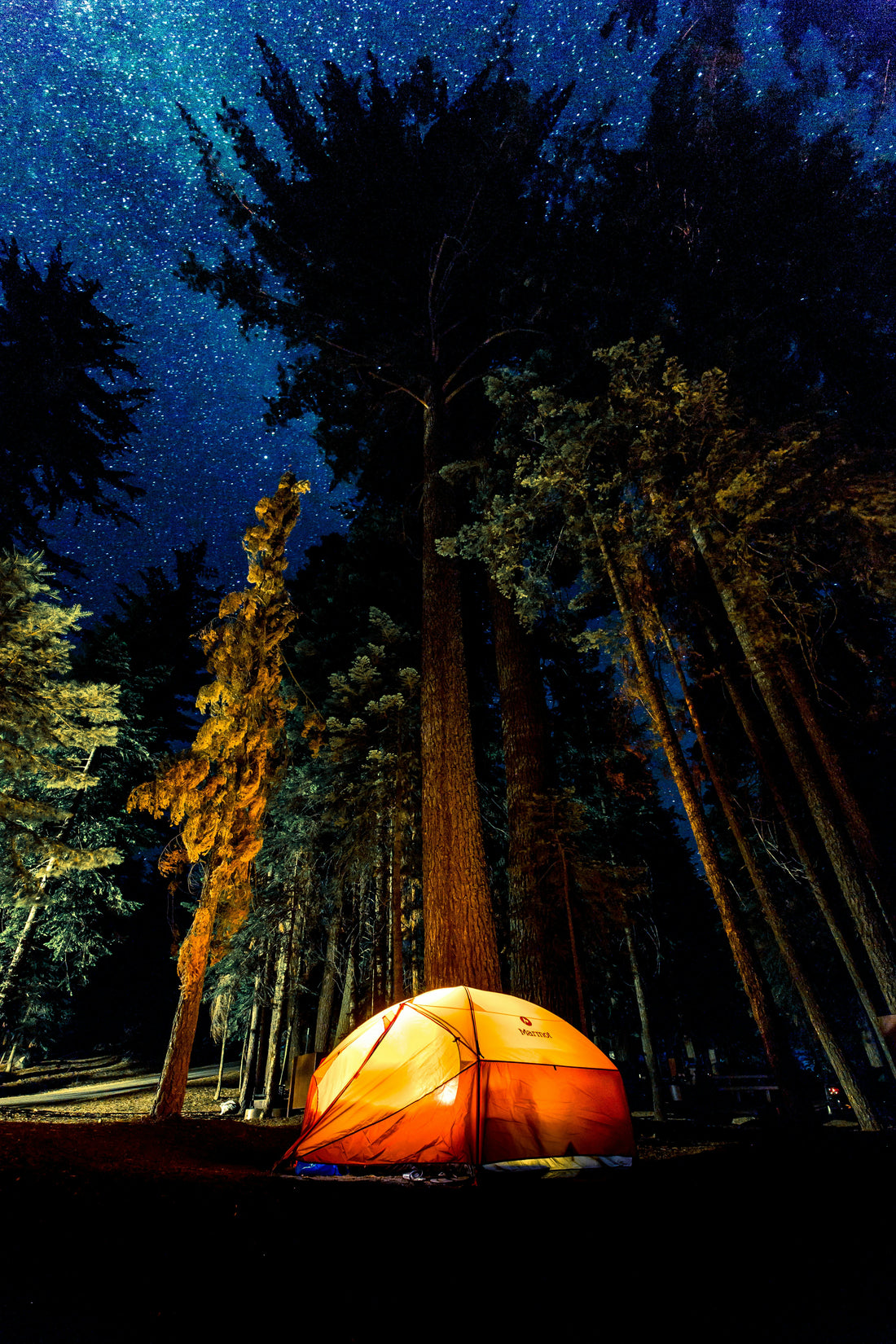
From Tents to Trails: Your Complete Guide to Camping
Share
Camping is one of the most rewarding ways to connect with nature, recharge your spirit, and create unforgettable memories. Whether you’re a beginner or a seasoned outdoor enthusiast, understanding the ins and outs of camping can enhance your experience significantly. In this comprehensive guide, we’ll cover everything you need to know about camping, from choosing the right gear to planning your trails, ensuring that your next adventure is both enjoyable and safe.
Choosing the Right Camping Gear
1. Shelter: Tents and Alternatives
Your tent is your home away from home, so choosing the right one is crucial. Consider the following:
- Size: Choose a tent that fits your group comfortably. A two-person tent may feel cramped for two adults with gear, while a four-person tent offers more space to spread out.
- Season Rating: Tents are typically rated for three seasons (spring, summer, fall) or four seasons (suitable for winter conditions). If you’re camping in diverse weather, a three-season tent is usually sufficient.
- Ease of Setup: Look for tents that are easy to pitch, especially if you’re a beginner or camping in inclement weather.
For those seeking alternatives, consider hammocks with rain tarps or even camper vans if you want more comfort.
2. Sleeping Gear
A good night’s sleep is essential for an enjoyable camping experience. Here’s what to consider:
- Sleeping Bag: Choose one rated for the temperatures you expect. A sleeping bag with a lower temperature rating is ideal for cooler nights.
- Sleeping Pad: This adds insulation and cushioning from the ground, enhancing your comfort significantly. Look for inflatable or self-inflating options for easy packing.
3. Cooking Equipment
Cooking outdoors can be both fun and delicious. Key items to bring include:
- Portable Stove or Grill: A compact camping stove is essential for preparing meals. Alternatively, consider a portable grill for a barbecue experience.
- Cookware: Lightweight pots, pans, and utensils will make meal prep easier. Don’t forget a cutting board and a multi-tool for versatility.
- Food Storage: Keep your food fresh with a good cooler. Use airtight containers to minimize waste and deter critters.
Planning Your Trails
1. Researching Trails
Before you hit the road, research the trails you’d like to explore. Consider factors such as:
- Difficulty Level: Choose trails that match your fitness level and experience. Many parks offer trails ranging from easy to strenuous.
- Length and Duration: Know how long each hike will take and plan accordingly. Factor in time for breaks and enjoying the scenery.
- Wildlife and Environment: Be aware of the flora and fauna you might encounter. Understanding local wildlife can enhance your appreciation of the ecosystem.
2. Essential Hiking Gear
When heading out on the trails, be prepared with the right equipment:
- Footwear: Invest in sturdy hiking boots or shoes that provide good support and traction. Break them in before your trip to avoid blisters.
- Backpack: A comfortable, well-fitted backpack will help you carry your essentials. Look for one with enough capacity for your gear and hydration.
- Navigation Tools: Bring a map and compass or GPS device to stay oriented. Mobile apps can also be helpful, but ensure you have a backup in case of poor reception.
Safety and Preparedness
1. First Aid Kit
A well-stocked first aid kit is a must for any camping trip. Include items like band-aids, antiseptic wipes, pain relievers, and any personal medications. Familiarize yourself with its contents before heading out.
2. Know the Weather
Always check the weather forecast leading up to your trip and prepare for changing conditions. Dress in layers to accommodate temperature fluctuations, and pack rain gear if needed.
3. Leave No Trace Principles
Respecting the environment is essential for preserving the beauty of nature. Follow the Leave No Trace principles:
- Pack out what you pack in.
- Stay on designated trails to protect plant life.
- Camp at least 200 feet away from lakes and streams.
Enjoying the Camping Experience
1. Campfire Cooking
Cooking over a campfire is a beloved tradition. Consider meals like foil packet dinners, skewered meats, or even pizza cooked on a grill grate. Don’t forget the s’mores for dessert!
2. Evening Activities
Evenings are perfect for bonding. Enjoy storytelling, stargazing, or playing games. Bring a portable speaker for music or simply enjoy the sounds of nature.
3. Stay Connected (if needed)
While the goal is often to disconnect, having a way to communicate in case of emergencies is wise. Keep your phone charged and consider a portable power bank.
Conclusion
Camping is a fantastic way to immerse yourself in the natural world, explore new terrains, and create cherished memories. With the right gear, a solid plan, and respect for the environment, your camping adventures can be both safe and enjoyable. So gather your friends or family, hit the trails, and embrace the beauty of the outdoors. Happy camping!
